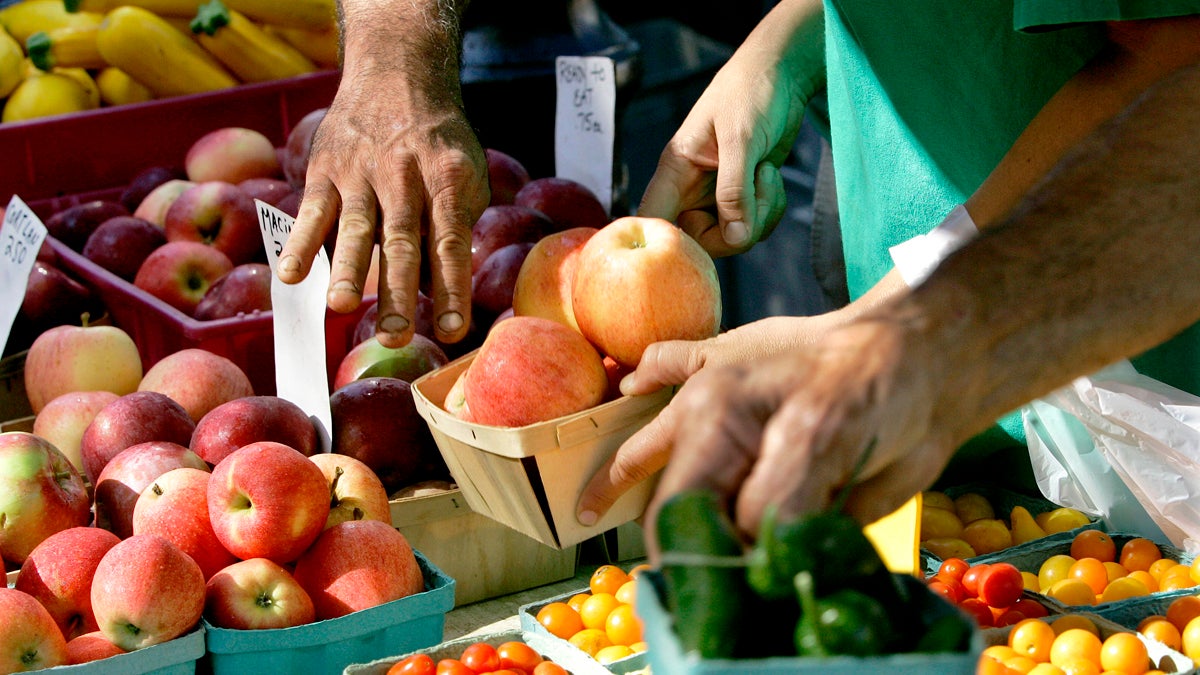Cooking up sustainability: How shared kitchens contribute to Pennsylvania’s economy

In this file photo
More than a dozen commercially-equipped kitchens across the state help entrepreneurs launch their businesses.
Tastykake, Hershey’s, Utz potato chips — the list of snacks produced in Pennsylvania reads like the lunchbox of a kid who was left to pack it unsupervised.
The state does a lot of snack food manufacturing, agreed Winifred Mc Gee, who specializes in agricultural entrepreneurship at the Penn State Extension.
“We have done really well as one of the snack food capitals of the United States. But in the next 10 years, I personally hope to see an expanded vision of what food business is all about in Pennsylvania, really seeing products come from field to table. I think shared kitchens will play a part in that.”
Shared kitchens are licensed and professionally-equipped spaces where businesses can rent space to make food they intend to sell to the public. Ten years ago, when Mc Gee began researching best practices at shared kitchens, there weren’t any to be found in Pennsylvania. Now, there are about a dozen across the state.
“Consumers are looking for more locally grown products, and in response to that, people are eager to set up [businesses] where they’re going to be able to provide access to those food products.”
Another reason for the accelerated growth of shared kitchens in Pennsylvania was the 2011 passage of the Food Safety Modernization Act, which changed how and where food sold to the public can be made. In Philadelphia, for example, it is illegal to produce food in a home kitchen to then sell to a wholesaler, says Allison Blansfield, Director of Food Systems at The Enterprise Center, a minority business accelerator and community development corporation in West Philadelphia.
“That was really a barrier to entry for a lot of food entrepreneurs coming through our doors. What they needed was a licensed, certified space where they could seriously consider scaling their product,” says Blansfield.
In 2012, The Enterprise Center opened the Dorrance H. Hamilton Center for Culinary Enterprises, a commercial kitchen that also offers business development services.
“We comprehensively look at how do we strengthen and revitalize a community through food and through business,” says Blansfield.
Mc Gee says shared kitchens are really good at defraying the costs and risks of starting new food business, which can ultimately mean job creation in Pennsylvania cities that have them, such as Lancaster, Sharpsburg, and Uniontown. But the benefits could extend beyond cities, too. The advent of shared kitchens allows farmers to make marketable products from surplus crops, ugly fruit that didn’t sell at the farmer’s market, for instance. And that means improved cash flow for farmers, says Mc Gee.
“It will help us save farmland because farmers will continue to be able to be prosperous on that farmland.”
Disclosure: Dorrance H. Hamilton is a major supporter of WHYY.
WHYY is your source for fact-based, in-depth journalism and information. As a nonprofit organization, we rely on financial support from readers like you. Please give today.


